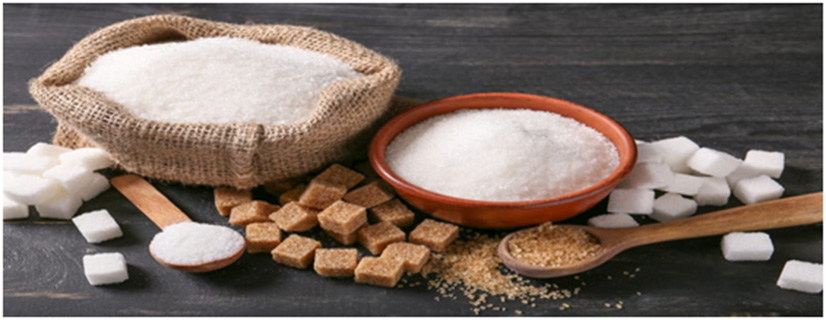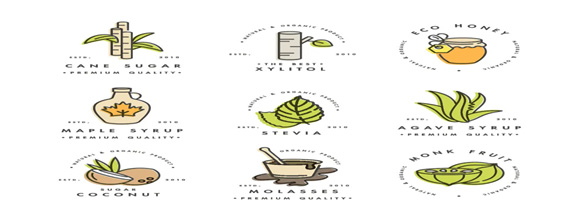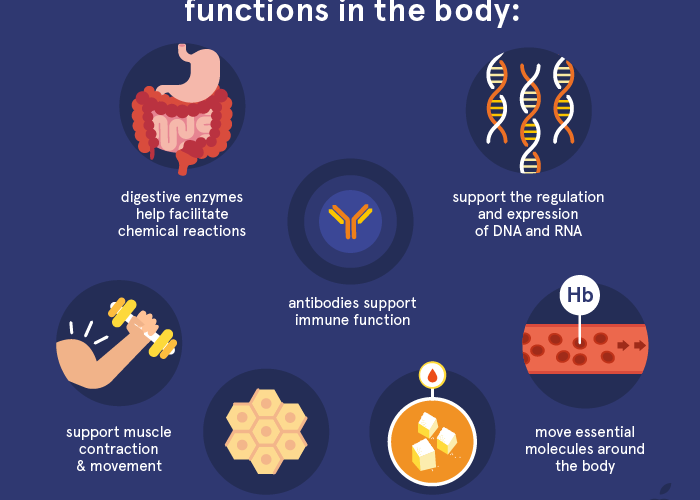NEWSLETTER
RELIANCE IMPERIAL PHARMACY
SPRING 2023
Vamsikrishna Bhavana
Sugar Alternatives and Your Health
Here’s what you need to know about artificial sweeteners and sugar substitutes.
Who doesn’t love the sweet taste? Almost everyone loves how sugar tastes, but not everyone loves the health effects of sugar in excess.
What is sugar?
Sugar is one type of carbohydrate, as are fiber and starch. Although carbohydrates are essential macronutrients (nutrients the body uses in large amounts), sugar is not. Sugar is an umbrella term for many simple carbohydrates, including white-table sugar. Also called sucrose, this is the most common sweetener used in sweet desserts and baked goods.
Sucrose is only one of several types of sugar naturally found in foods, including fruits, vegetables, grains, and dairy products. Other natural sugars include:
- Fructose
- Galactose
- Glucose
- Lactose
- Maltose
Is sugar bad for you?
Sugar isn’t inherently wrong. It’s necessary: Our bodies run on sugar. The body processes the carbohydrates from food, turning much into glucose (sugar). The cells pull the glucose from the bloodstream and use it for fuel and energy. Removing natural sources of sugar and other carbohydrates from your diet — fruits, dairy products, and grains — is not a healthy choice. But you can make choices about where sweetness in your foods is coming from
Why Limit Sugar?
First, why should people consider limiting their sugar intake in the first place? Sugar isn’t always bad, but overeating can have adverse health effects.
Sugar comes in various forms, but sugar added to processed foods tends to be the worst for health in general, leading to the risk of weight gain, type 2 diabetes, cardiovascular problems, and other health effects. Meanwhile, sugar occurs naturally in foods like fruits and, in smaller quantities, vegetables. This sugar can still have the same effects as processed sugar. Still, it typically comes alongside fiber, vitamins, minerals, and other substances found in fruits and vegetables, making it somewhat healthier.
In general, however, the average eater should consider strategies to limit sugar reasonably. And one way to do that without sacrificing sweet flavors is with sugar substitutes.
Types of Sugar Substitutes
There are a few ways to sweeten food without using traditional sugar. These sugar substitutes vary widely in their composition and effects. Here’s what you need to know.
Artificial Sweeteners
Artificial sweeteners are free of calories and sugar but pack a sweet punch. They’re typically developed in laboratory settings and made from chemicals.
The US Food and Drug Administration (FDA) regulates artificial sweeteners and has approved the following for use in food:
- Aspartame
- Sucralose
- Acesulfame potassium (Ace-K)
- Advantame
- Saccharin
- Neotame

Some health experts have raised concerns that these artificial sweeteners could lead to various adverse health effects, ranging from weight gain to cancer. However, according to the Mayo Clinic, no scientific evidence confirms these concerns when artificial sweeteners are consumed reasonably.
Sugar Alcohols
Sugar alcohols can occur naturally in fruits or be created in a lab. Either way, they are sweet but contain no sugar and few calories.
While sugar alcohols are generally considered safe, they can lead to stomach distress when consumed in relatively large amounts.
Examples of sugar alcohols used in food and chewing gum include the following:
- Erythritol
- Isomalt
- Lactitol
- Maltitol
- Sorbitol
- Xylitol

Novel Sweeteners
While artificial sweeteners and sugar alcohols tend to be heavily processed, novel sweeteners are more natural. These sweeteners are usually derived from plant-based sources. Still, they contain many of the same properties as other sugar substitutes: They are low in calories and contain no sugar, but they pack a sweet flavor.
Examples of novel sweeteners used in food include the following:
- Stevia
- Allulose
- Monk fruit
- Tagatose

Should I cut sugar from my diet?
Removing all sugar from your diet means you might miss essential fruits, whole grains, and dairy nutrients. Diets that cut out all carbohydrates and sugars, such as the ketogenic diet, can harm your health.
Without sugar, our bodies must find alternative sources of energy. So, they use ketone bodies (substances produced by the liver) for fuel ― basically, the body goes into starvation mode. A diet without carbohydrates or sugars may cause “keto flu,” with symptoms like headache, fatigue, and brain fog.
Dietitians recommend cutting back on highly refined foods and beverages with added sugars and artificial sweeteners but not removing all carbohydrates from your diet.
How to Keep Your Diet Sweet and Healthy
Everyone has different dietary requirements. While sugar is generally something you should consume in moderation, speaking to your healthcare provider about your unique nutritional needs is essential. Never change your diet significantly without talking to a qualified healthcare professional.


